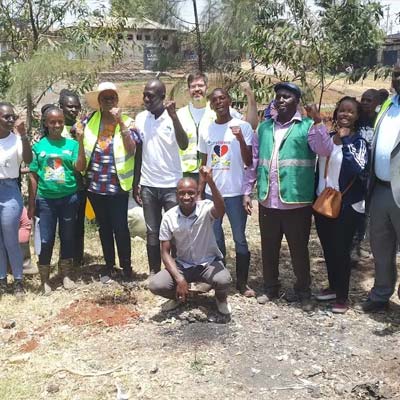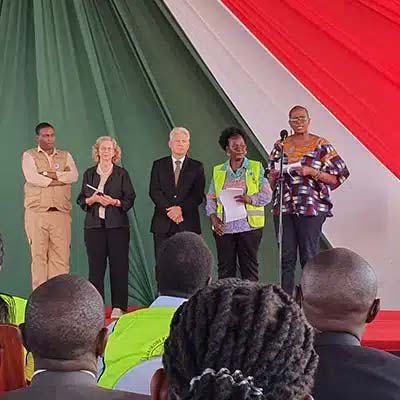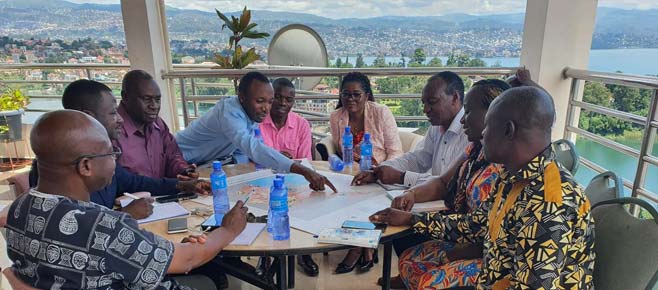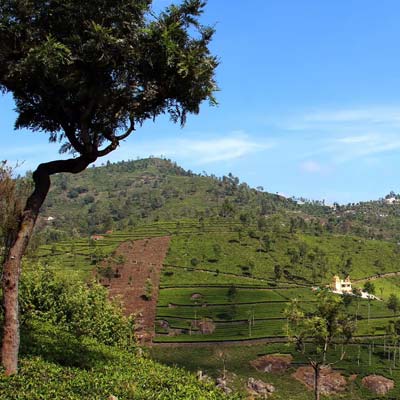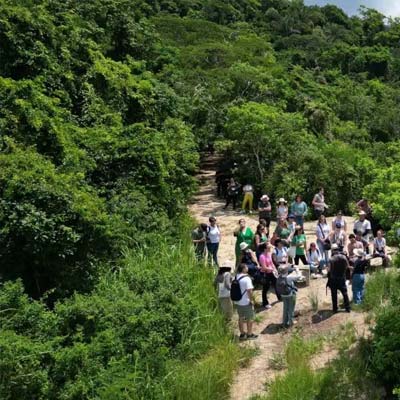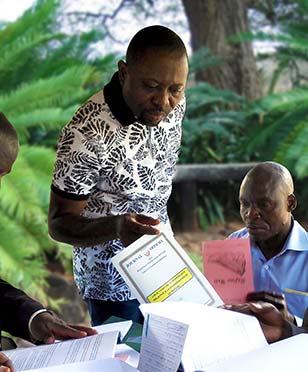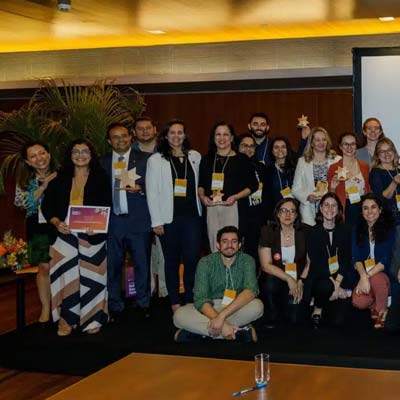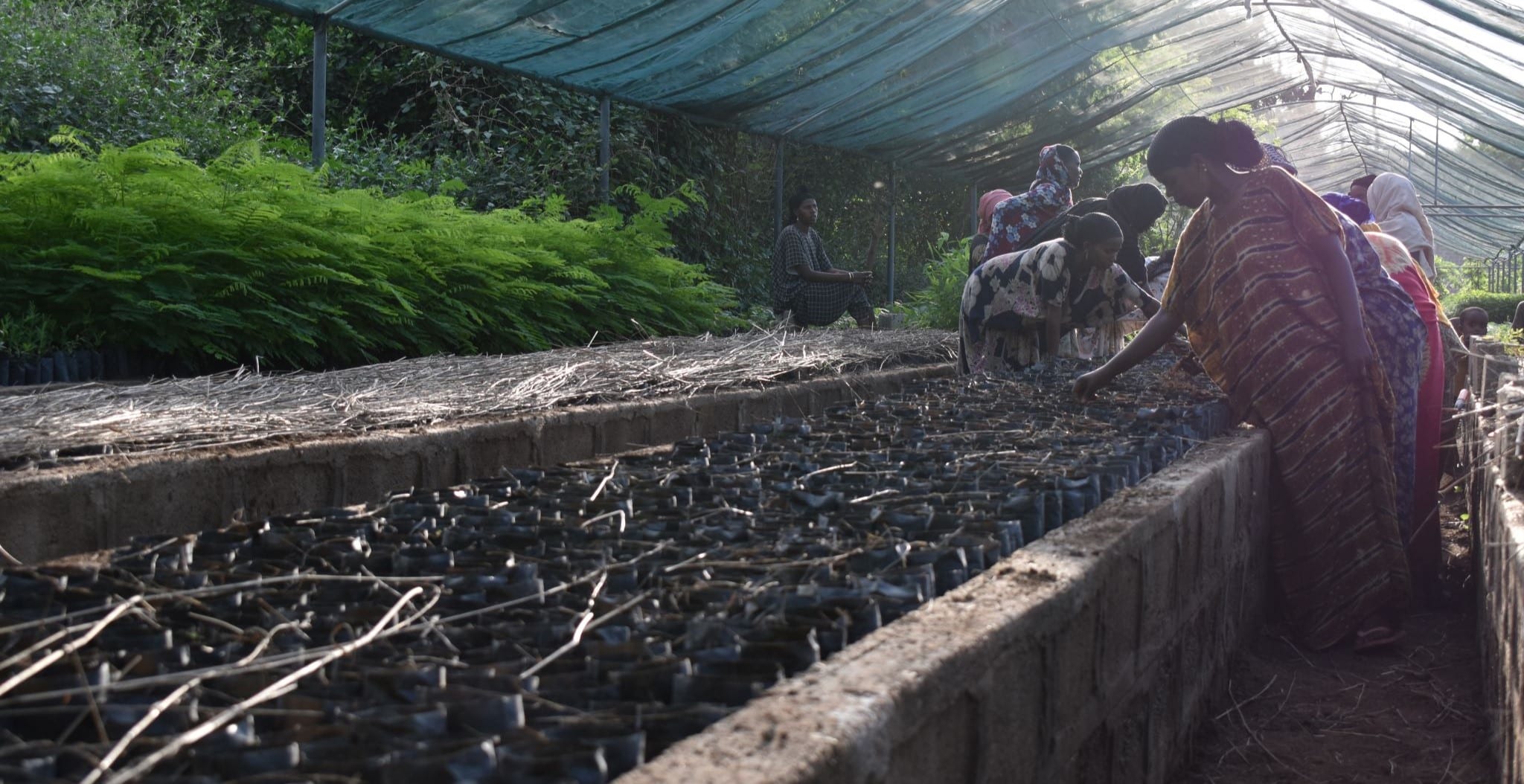Indigenous people and local communities can be some of the most effective stewards of natural resources when given adequate support and agency.9 This may include affirming their tenure rights and establishing enabling conditions that ensure tenure security. In Ethiopia, the Land Investment for Transformation program provides special support to women who are vulnerable to dispossession of land due to widowhood, divorce, and lack of documentation, among other reasons.
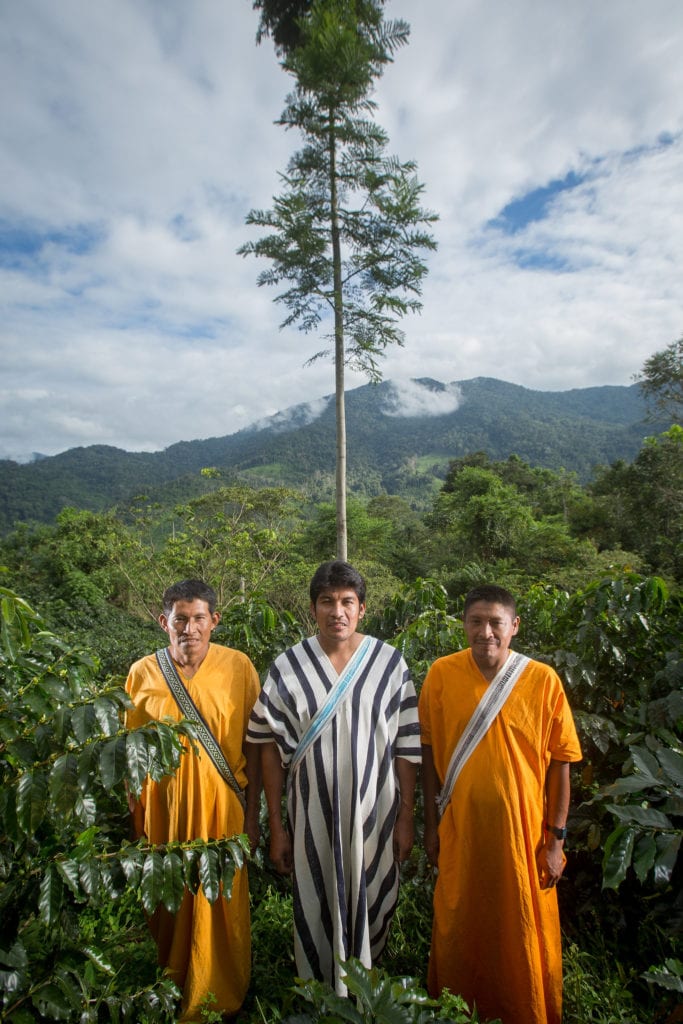
For projects and policies on managing, protecting, and conserving forest and water resources, including representatives from all identified stakeholder groups in the forest’s community management is important. Including these groups can make for better decision-making, and improve local livelihoods and protect forests. For instance, studies from Kenya, Uganda, Bolivia, and Mexico, show that when both men and women participate in forest user groups, the user groups are more likely to adopt behaviors that enhance the forest’s resources.
In the Solomon Islands, even when women were included in community meetings, they were consistently less likely than men to speak up and substantively participate. This pointed towards the need for different types of support for proper stakeholder engagement, including holding meetings at times that are compatible with family schedules, providing child-care services, and covering wages for the day.*
Resources
Mapping Social Landscapes Guide | World Resources Institute, 2018
Gender Analysis | European Institute for Gender Equality, n.d.
Gender Tool Box | Swedish International Development Cooperation Agency, 2015
Meaningful Stakeholder Consultation | Inter-American Development Bank, 2017
LandMark | World Resources Institute
*See section on Stakeholder Identification and Meaningful Stakeholder Engagement for other resources.


